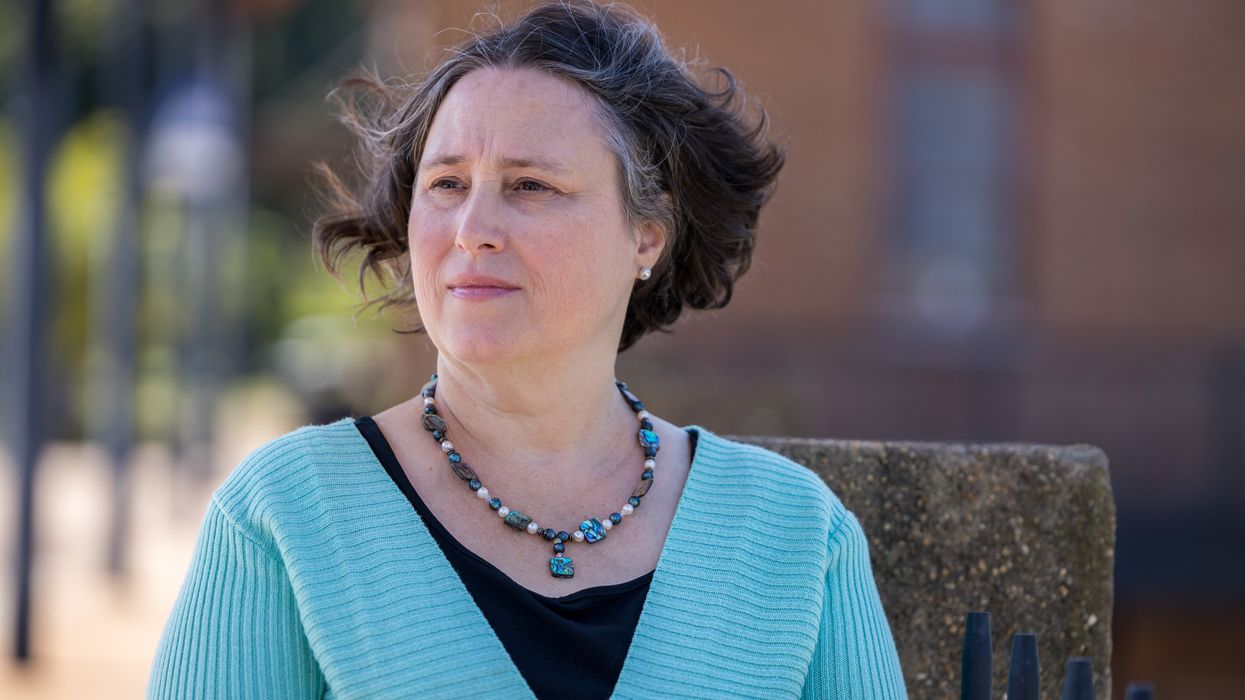Nevins is co-publisher of The Fulcrum and co-founder and board chairman of the Bridge Alliance Education Fund.
Since 2020, election officials across the country have endured threats, harassment, intimidation, defamation and, in some states, exposure to criminal penalties, for simply doing their jobs of administering fair elections.
In this highly contentious environment, the Election Official Legal Defense Network serves an invaluable function of connecting election officials in need to qualified, pro bono attorneys who can provide advice or assistance.
EOLDN is a project of the Center for Election Innovation & Research, whose mission is to restore trust in the American election system and promote election procedures that encourage participation while ensuring election integrity and security.
One example of many election officials that EOLDN supports is former Lynchburg, Va., Registrar Christine Gibbons, who has endured multiple baseless claims of corruption and harassment since the 2022 election. She even woke up to a sign in her yard one morning that read, “Christine Gibbons Belongs in Jail. #LockHerUp. Resign Now.” Despite this harassment Gibbons nonetheless worked every day to administer fair and transparent elections in her county.
Despite Gibbons’ dedication, in 2023 the newly Republican-controlled Lynchburg Election Board informed her that she would not be reappointed to her position as registrar. In Virginia, registrars are traditionally reappointed as long as they maintain positive performance reviews.
When the board declined to reappoint her, Gibbons considered her options. As she told Washington Lawyer, “Friends told me that maybe I should walk away, but I didn’t feel right about walking away because I know I did everything possible and within the law to ensure the integrity of our elections.”
When Gibbons decided she needed an attorney, she reached out to EOLDN for pro bono legal support and soon was on the phone with Stephen Pershing of Kalijarvi, Chuzi, Newman & Fitch, P.C. Pershing agreed to represent Gibbons in her lawsuit to be reinstated as registrar. Pershing said he believes EOLDN’s work is crucial to giving “nonpartisan election officials a way to fight back against hostile partisan takeovers of their functions.”
Gibbons, who has had to work as a substitute teacher to support her family, expressed her gratitude that EOLDN was able to match her with a pro bono attorney, saying, “I don’t know if I would have been able to sustain the case on my own.”
The issues that confront election workers are many. Some of the questions that election workers ask EOLDN attorney’s relate to:
- Understanding how to deal with harassment and threats received.
- Help in sending cease-and-desist letters or filing for a restraining order.
- What to do when attempts are made to undermine their duties or how to respond to intimidation at work.
- How to respond to instructions from election boards that may conflict with their legal duties.
Faith and trust in our elections is essential for the well-being of a democratic republic. Election workers are critical to the functioning of our democracy. In today’s contentious and partisan political climate it is critical that the work of election workers is protected.
Sadly, as partisanship and rhetoric have heated up in America, so have the threats. As citizens and patriots, we need to stand by our principles, our institutions and our fellow citizens. We cannot allow threats and harassment against election officials to undermine safe and fair elections.
In the coming months The Fulcrum will continue to report on all aspects of the election process, including the many intricacies of election law and procedures, so Americans can trust the results of the election whether their candidate wins or loses.




















